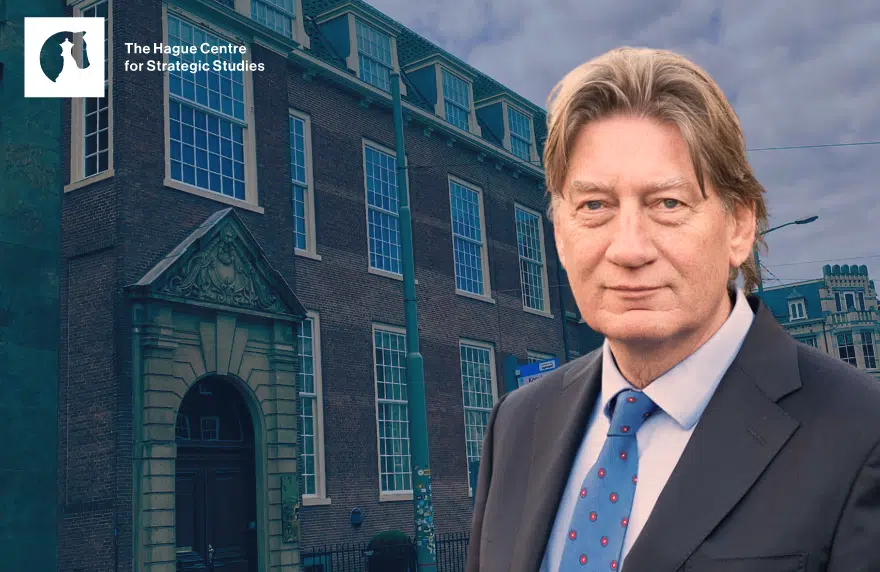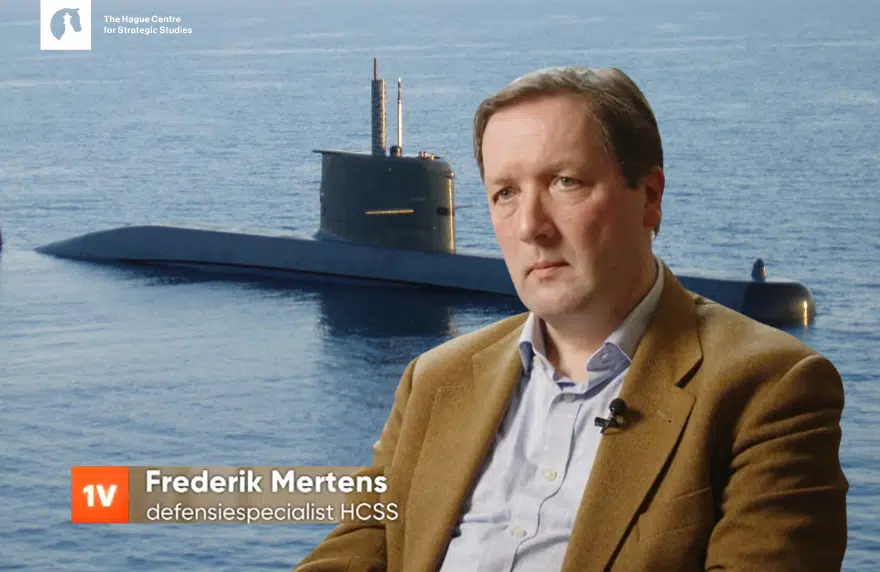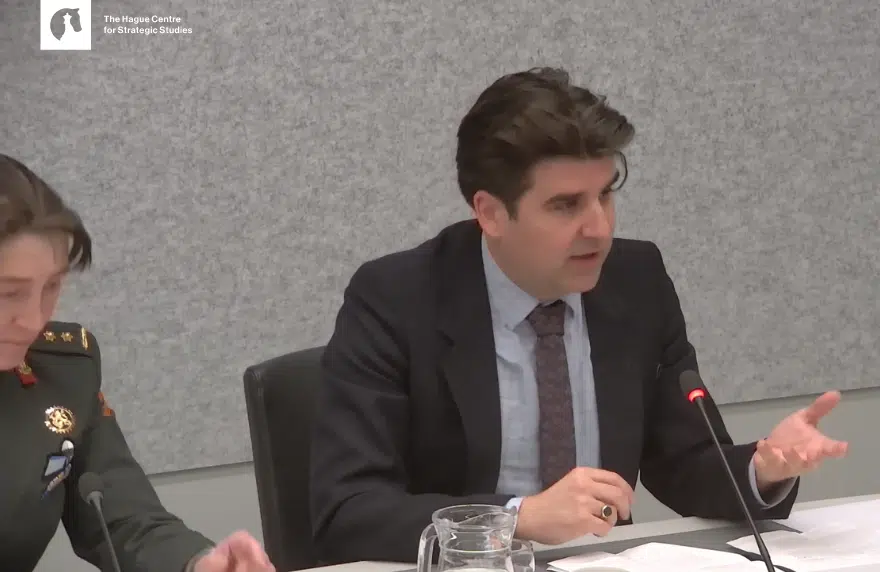Zou na de verkiezingen het tij voor defensie echt keren? De dreigende taal die uit het Witte Huis klinkt dat de Amerikanen ons niet meer bijstaan als wij niet meer aan defensie doen, heeft zeker geholpen. Inmiddels pleit de Amerikaanse president Donald Trump zelf voor een ‘historische verhoging’ van het defensiebudget.
Maar waarom hij dat doet, is mij een raadsel. Hij kwam niet veel verder dan de constatering dat Amerika eindelijk weer oorlogen zou moeten kunnen winnen. Inderdaad heeft Amerika nogal wat oorlogen verloren zoals die in Irak, maar dat komt omdat ook de sterkste krijgsmacht ter wereld niet is opgewassen tegen goed gemotiveerde guerrilla’s en terroristen. Die les hadden de Amerikanen al in Vietnam geleerd.
Trump wil ook geld stoppen in de aanschaf van extra kernwapens, want Amerika moet de meeste hebben. Of dat enig strategisch doel dient, zei hij er niet bij. Het belangrijkste gevolg is een nieuwe kernwapenwedloop waar niemand op zit te wachten.
Dat geldt ook voor investeren in de marine om meer invloed in de Zuid-Chinese Zee te krijgen waar China aan landjepik doet. Om dat tegen te gaan, zijn geen nieuwe investeringen nodig. Hooguit wat politieke en economische druk.
Ook zijn argument dat de Amerikaanse krijgsmacht totaal is uitgewoond door zijn voorganger Barack Obama, klopt niet. Obama heeft de krijgsmacht weliswaar verkleind, maar bleef moderniseren.
Eigen belangen
Het beeld dat Trump oproept, is dat van een agressief land dat alleen voor zijn eigen belangen wil opkomen. In combinatie met zijn beleid van economisch nationalisme zal bij de Europeanen de animo om samen met de Amerikanen militair op te treden drastisch verminderen. Weliswaar vindt Trump de Navo inmiddels best belangrijk, maar dan moeten de Europeanen hun defensiebudget op de Navo-norm van twee procent van het bbp brengen.
Dat laatste is inderdaad noodzakelijk, maar niet omdat Trump dat wil. Sterker, juist een onberekenbare Trump eist dat wij onafhankelijk van Amerika onze veiligheid kunnen waarborgen. Wie bovendien nu nog niet begrijpt dat de veiligheid van Europa wordt bedreigd, leeft onder een steen. In Nederland zijn dat partijen als de SP, GroenLinks en Denk. Zij herhalen op wensdenken gebaseerde mantra’s uit voorbije tijden over vredesoperaties, nationale verdediging en Europese samenwerking.
Opmerkelijk is dat geen enkele partij het defensiebudget opkrikt naar de Navo-norm, hoewel de SGP en VNL met respectievelijk vier en vijf miljard enigszins in de richting komen. De rest wil minder uitgeven, waardoor de problemen bij defensie niet echt worden opgelost.
Grofweg is een miljard nodig om de noodzakelijke reparaties bij defensie te doen. Alles wat rijdt, vliegt of vaart, moet dat daadwerkelijk kunnen en er moet weer voldoende munitie zijn. Het volgende miljard is nodig voor de noodzakelijke vervangingen en uitbreidingen. Dat betekent bijvoorbeeld nieuwe onderzeeboten en meer jachtvliegtuigen. Alles boven die twee miljard kan worden gebruikt voor de aanpassing van de krijgsmacht aan de nieuwe tijd, zoals wapens voor de bescherming van handelsroutes die door Rusland en China worden bedreigd.
Minister Hennis wil 2,5 miljard extra. Dat is inderdaad het minimum. Trump wordt er niet blij van, maar dat is de minste zorg.
De column van Rob de Wijk verschijnt wekelijks in Trouw.
Photo credit: archangel 12 via Foter.com / CC BY







